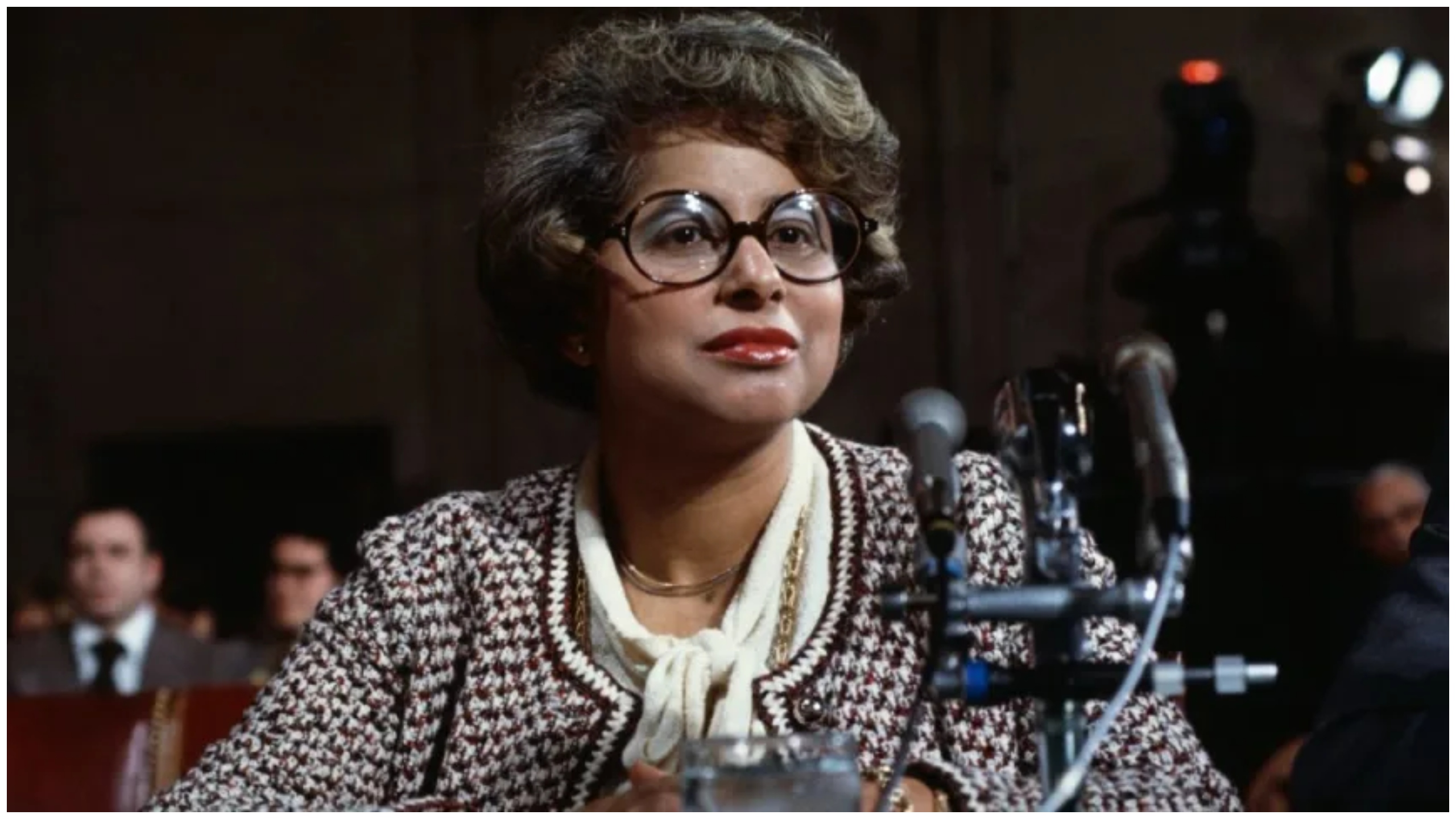Trailblazer Was First Black Woman on Fortune 500 Board
Patricia Roberts Harris was a true pioneer for Black women in business and academia. Born in 1924 in Illinois, Harris attended Howard University on a scholarship. At Howard, she was involved in civil rights advocacy as the vice chairman of the NAACP chapter. She also participated in one of the first lunch counter sit-ins in Washington, D.C. in 1943.
After graduating summa cum laude from Howard in 1945, Harris went on to earn her master’s degree from American University and her law degree from George Washington University, graduating first in her class in 1960. She then embarked on an impressive career including working for the U.S. Department of Justice and serving as co-chairman of the National Women’s Committee for Civil Rights under President Kennedy.
In 1965, Harris broke barriers when President Johnson named her the first Black woman U.S. Ambassador, to Luxembourg. While proud of the achievement, Harris lamented being labeled the “first Negro woman” as it implied Black women were not considered for such roles before.
Harris returned to her alma mater Howard University in 1969, becoming the first Black woman dean of the law school. Just two years later, she made history again when she joined the board of directors at IBM, becoming the first Black woman on the board of a Fortune 500 company. She later served on other prominent boards including Scott Paper Co. and Chase Manhattan Bank.
Black Women Leaders Continue Harris’ Legacy
In recent years, the organization Black Women on Boards (BWOB) has worked to train and promote Black women for corporate board positions. They uncovered that Harris was actually the first Black woman on a Fortune 500 board, not Dolores Wharton as previously believed.
BWOB co-founder Merline Saintil said recognizing Harris’ pioneer status is part of their mission to showcase pathways for Black women executives today. Other women profiled in the documentary OnBoard praise Harris for knocking down barriers so others could follow in her footsteps.
When later questioned by a senator if she was “of the people,” Harris pushed back forcefully, cementing her place in history with the quote: “If my life has any meaning at all, it is that those who start as outcasts may end up being part of the system.”
Steady Progress for Board Diversity
While progress has been slow, board diversity has improved in recent decades. The murder of George Floyd in 2020 led many companies to pledge to add Black members to their boards. From 2020 to 2022, Black directors on Fortune 500 boards jumped from 9% to 12%, with Black women accounting for most new placements.
OnBoard executive producer and BWOB co-founder Shannon Nash says the history of Black women in corporate leadership has often been overlooked.
“Black women have been an important part of the American economy since there’s been an American economy,” notes Nash.
Nash hopes the film will showcase accomplished Black women leaders and inspire more young women to aspire to executive and board roles. BWOB co-founder Merline Saintil adds that the push for board diversity is here to stay, regardless of current “anti-woke” backlash.
With increased advocacy, mentorship, and visibility of Black women leaders like Harris and the stars of OnBoard, the paths to corporate leadership continue to open for Black women today. Harris may not have sought the spotlight, but her pioneering achievements surely deserve to be recognized.





